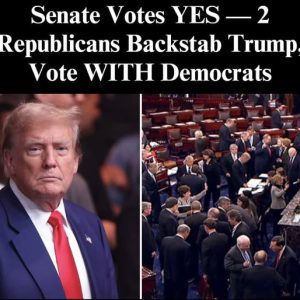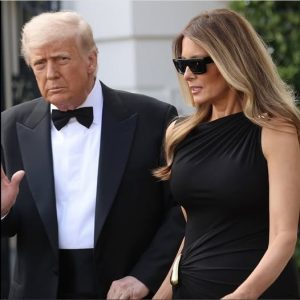Nearly a decade after leaving office, Barack Obama’s influence over Democratic Party strategy continues to stir debate. Once celebrated for his calm and detached post-presidency, new reports suggest Obama remains an active political force, advising key figures such as Abigail Spanberger, Mikie Sherrill, and California Governor Gavin Newsom. His ongoing engagement has been described by allies as stabilizing, providing direction amid party divisions. Yet, some Democrats fear it underscores the party’s dependence on its former leader, questioning whether his lingering influence is preventing new voices from emerging and reshaping the movement.
The controversy has deepened with claims by Director of National Intelligence Tulsi Gabbard that Obama-era officials may have manipulated intelligence to justify surveillance of Donald Trump’s 2016 campaign. Such allegations, if proven, could damage Obama’s credibility and amplify existing concerns about federal overreach, surveillance, and politicized law enforcement under his administration. At the same time, the Obama Foundation’s troubled Presidential Center project in Chicago — beset by lawsuits, cost overruns, and accusations of gentrification — has further complicated his legacy, transforming what was meant to be a beacon of change into a symbol of unmet promises.
As President Biden faces mounting challenges, Obama’s renewed visibility has divided Democrats and emboldened Republicans. Supporters see him as a guiding hand helping steady the party, while critics accuse him of attempting to “govern from the shadows.” His mentorship of emerging Democratic leaders has fueled debate over whether his involvement represents necessary experience or an unwillingness to let go of control.
Ultimately, Obama’s quest to preserve his legacy has become a double-edged sword. To admirers, he remains a symbol of competence and hope; to detractors, a reminder of elite overreach and political stagnation. Whether his continued presence strengthens or stifles the Democratic Party remains an open question — and a defining test of his enduring influence.




